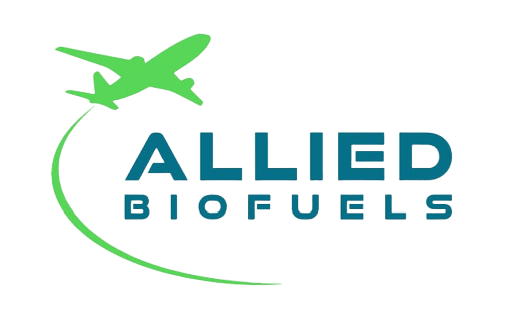Certified electro-SAF for global aviation
Powering Tomorrow’s Flights—With Renewable Molecules from Central Asia
Producing electro-SAF (eSAF) from green hydrogen and captured CO₂ using proven Power-to-Liquids (PtL) technologies—cutting aviation emissions by up to 90%, enabling global decarbonization, and positioning Central Asia as a clean energy leader.
Project Overview: Allied Biofuels Uzbekistan
Allied Biofuels is building Central Asia’s first integrated biorefinery and solar energy complex in Uzbekistan—producing Sustainable Aviation Fuel (SAF), electro-SAF (eSAF), and Green Diesel.
Engineered with advanced process technologies and circular feedstocks, our project delivers cleaner fuels, strengthens regional energy independence, and accelerates climate-smart growth—positioning Uzbekistan as a bold new force in the global green economy.
-
Diversified Hybrid Feedstocks for eSAF Production
At Allied Biofuels, we leverage a diversified portfolio of renewable carbon sources—including captured CO₂, green hydrogen, and regionally available biogenic inputs—to produce electrofuels-based SAF (eSAF). This hybrid feedstock strategy reduces reliance on any single source, enhancing supply chain resilience and optimizing lifecycle emissions. By integrating CO₂ from industrial processes and sustainable power inputs, we drive circularity while opening new revenue channels for rural and industrial partners across the value chain. -
Proven Technology Pathway
We adopt commercially validated Power-to-Liquids (PtL) and Fischer-Tropsch synthesis platforms—proven electrofuel technologies that ensure technical reliability and scalability. These pathways de-risk project execution, streamline regulatory approvals such as ASTM D7566, and shorten the transition from commissioning to commercial eSAF production. Our technology integration enables rapid deployment while maintaining the highest standards of fuel quality, traceability, and emissions performance. -
Vertically Integrated Model for eSAF
Our “CO₂ to Jet” integration model spans the full value chain—from renewable electricity and green hydrogen production to CO₂ capture and synthetic fuel synthesis. This vertical integration streamlines operations, enhances quality control, and significantly reduces lifecycle carbon intensity. By internalizing key stages of the eSAF pathway, we drive down costs, ensure supply chain resilience, and deliver certifiable, low-emission aviation fuels at scale.
Decarbonizing Global Aviation — With eSAF from Uzbekistan
Our Vision for electro-SAF (eSAF)
Allied Biofuels: Cutting CO₂ by up to 85%, powering a resilient future
Allied Biofuels is pioneering the development of electro-SAF (eSAF) in Central Asia—produced from renewable electricity, green hydrogen, and captured CO₂. While the project is in advanced planning, our unwavering commitment to sustainability and innovation drives us to overcome the challenges of scalability, cost-efficiency, and certification. Our goal: deliver a viable, drop-in eSAF solution to decarbonize aviation at scale.
Our Technology
A next-generation platform for producing electro-SAF (eSAF)
At Allied Biofuels, we are building an advanced eSAF production platform that integrates renewable power, green hydrogen, and captured CO₂ to produce drop-in, low-carbon aviation fuel. Designed for scalability and circularity, our electrofuel system leverages Uzbekistan’s renewable energy potential and strategic location to deliver globally compliant eSAF. This high-efficiency platform minimizes lifecycle emissions, enhances energy security, and sets a new standard for clean aviation fuel production in Central Asia.
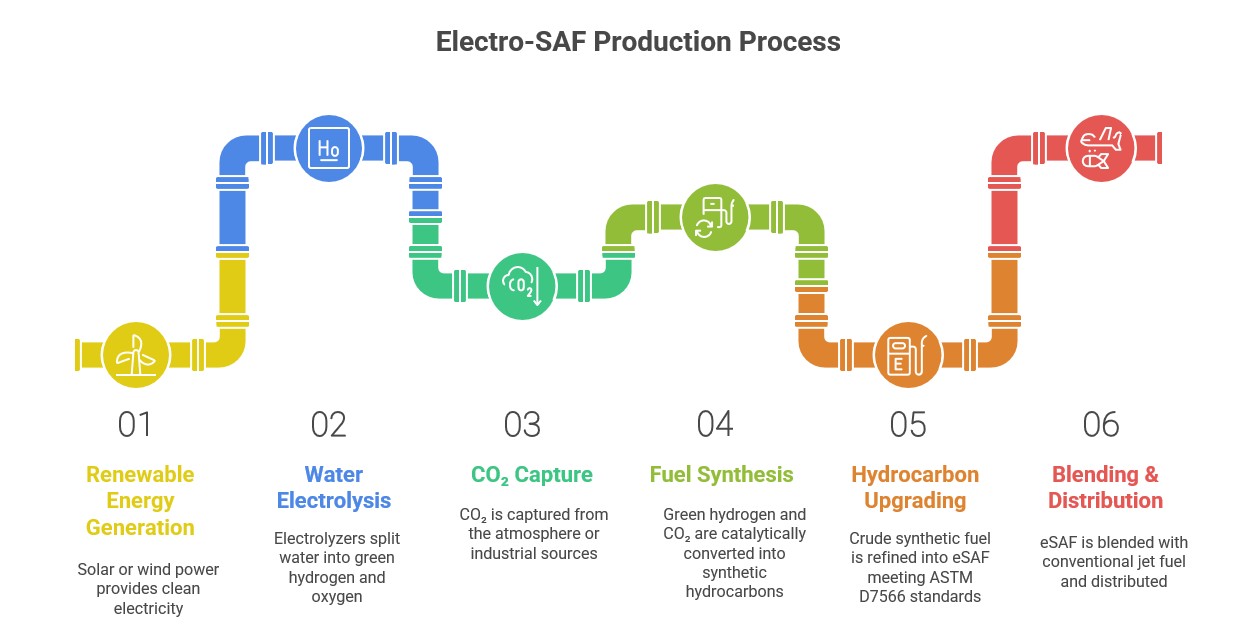
♻️Indicative Circularity Note
This is a simplified, representative pathway for conceptual understanding. Actual process design and yield efficiencies depend on technology selection, site-specific conditions, and system integration. The process recycles CO₂, transforms renewable electricity into energy-dense liquid fuels, and supports the long-term goal of carbon-neutral aviation at scale.
In the Spotlight
Allied Biofuels is driving Uzbekistan’s clean energy future with a clear mission: to produce Sustainable Aviation Fuel (SAF), Green Diesel, and electro-SAF (eSAF) that protect the environment, empower local economies, and ensure long-term, climate-resilient growth.
Dr. santiago gagaza
Author & Chief Strategist
Power-to-Liquid (PtL) Process
Transforming Renewable Electricity into Sustainable Jet Fuel: The Power-to-Liquid Advantage
At Allied Biofuels, our eSAF platform harnesses renewable power and captured CO₂ to produce synthetic jet fuel through Fischer–Tropsch synthesis. Fully aligned with CORSIA and ASTM-certified for blending with Jet A, our technology enables carbon-neutral aviation at scale. Designed for Uzbekistan’s renewable potential, this solution transforms local solar energy into global decarbonization impact—delivering clean skies, resilient growth, and future-ready fuel from Central Asia to the world.
Power-to-Liquid (PtL) via Fischer–Tropsch (FT) synthesis
Producing eSAF from CO₂ and Renewable Power: A Clean Energy Breakthrough
At Allied Biofuels, our electro-SAF (eSAF) process transforms captured CO₂ and green hydrogen—produced via electrolysis powered by renewable energy—into synthetic jet fuel through Fischer–Tropsch synthesis. Certified for blending with Jet A up to 50% under ASTM D7566, and with future pathways toward 100% compatibility, eSAF offers a scalable, carbon-neutral solution. Built on strict sustainability principles, our approach leverages Uzbekistan’s solar potential to deliver cutting-edge climate action for global aviation.

Flexible Carbon Sourcing
Our eSAF platform uses captured CO₂ and green hydrogen as feedstock—allowing for scalable production from a wide range of carbon sources, including biogenic emissions, industrial CO₂, and Direct Air Capture (DAC). This flexibility enables global deployment tailored to regional carbon and renewable energy availability.
Adaptive Product Configuration
Engineered for market responsiveness, our Power-to-Liquid (PtL) process can be optimized to produce maximum eSAF or synthetic diesel, adjusting seamlessly to market demand and regulatory incentives for sustainable fuels.

Regionally Powered, Globally Compliant
Our eSAF is produced using renewable electricity and captured CO₂ sourced from Uzbekistan’s emerging green energy landscape—delivering a clean fuel supply that is both energy-sovereign and aligned with global sustainability standards like CORSIA and ICAO.
High-Impact Climate Benefits
The eSAF pathway enables up to 100% lifecycle GHG reduction, depending on the carbon source and power input. It also significantly reduces contrail formation, sulfur oxides (SOx), and particulate matter—helping decarbonize aviation while supporting cleaner skies and climate resilience.

High Selectivity to eSAF
In maximum jet mode, our Power-to-Liquid (PtL) process delivers exceptional selectivity—over 90% of hydrocarbons produced fall within the jet fuel range, optimizing the yield of premium eSAF for aviation use.
Superior Carbon Utilization
Our system converts up to 98% of captured CO₂ into energy-dense liquid hydrocarbons, minimizing waste while maximizing climate-positive outcomes.
High Energy Density
eSAF matches—or exceeds—the energy density of conventional Jet A, offering airlines a high-performance, drop-in fuel that supports longer flight ranges, improved fuel efficiency, and lower lifecycle emissions.
The Aviation Industry
Building a More Sustainable Future for Aviation
Aviation is indispensable to our modern world—driving global commerce, enabling critical transport, and bringing people together across continents. Yet with mounting climate challenges, advancing sustainable aviation is no longer optional; it is an urgent priority. At Allied Biofuels, we’re pioneering solutions that dramatically cut aviation’s carbon footprint, ensuring that air travel remains a viable, responsible choice for generations to come. By harnessing locally sourced, low-carbon resources in Uzbekistan, we are helping secure the future of flight—cleaner, smarter, and truly sustainable.
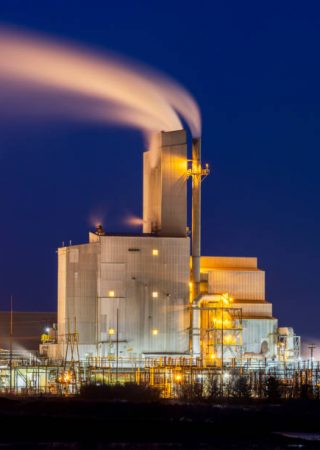
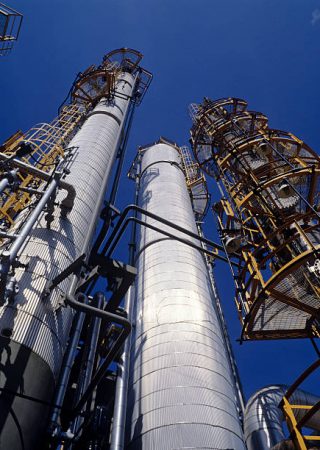
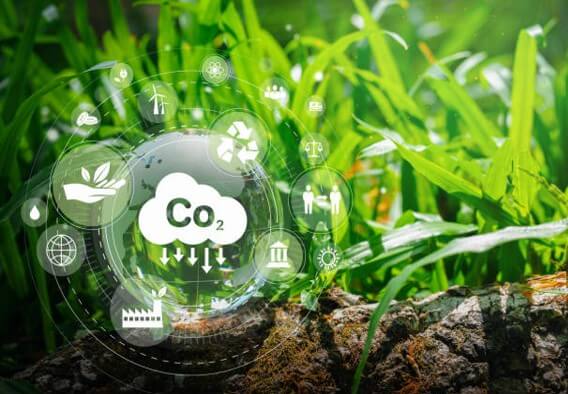
Carbon Emission Reduction
A Scalable Solution for Aviation Decarbonization
Aviation accounts for a growing share of global carbon emissions. eSAF—produced from renewable electricity and captured CO₂—offers a high-impact, drop-in solution to cut emissions at scale. It empowers airlines to meet aggressive climate targets while advancing the industry’s shift toward net-zero aviation.
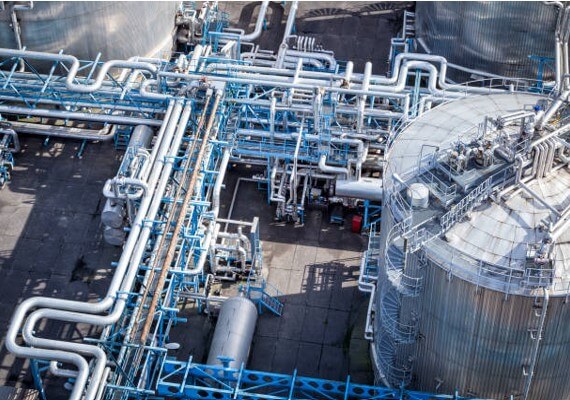
Compatibility with Existing Infrastructure
Seamless Integration, Zero Disruption
One of eSAF’s greatest strengths is its full compatibility with today’s aircraft engines and existing fueling infrastructure. Airlines can adopt electro-SAF without costly retrofits or operational disruptions—enabling an immediate, scalable path to decarbonization while maintaining performance and safety standards.
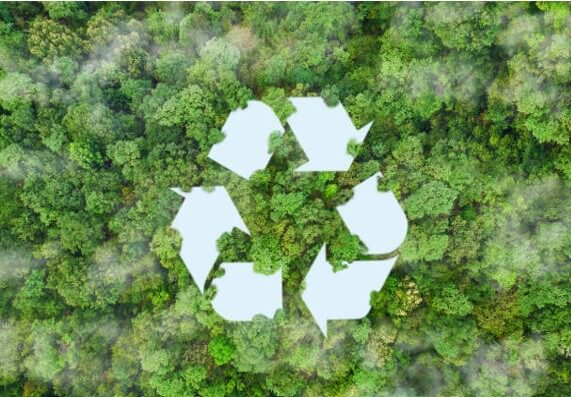
Supporting a Circular Economy
Powering a Circular Future with eSAF
eSAF production leverages renewable electricity, captured CO₂, and circular carbon systems—turning emissions and clean power into high-performance jet fuel. This process reduces fossil fuel dependence, minimizes industrial waste, and advances a regenerative energy economy that protects both natural resources and the climate.
In the Spotlight: Why eSAF Matters
Aviation accounts for 2–3% of global CO₂ emissions—but its full climate impact, including contrails and non-CO₂ effects, is far greater. As air travel demand accelerates, so will the sector’s environmental footprint. eSAF offers a breakthrough solution: by turning renewable electricity and captured CO₂ into drop-in jet fuel, it enables deep decarbonization without compromising growth. The urgency is clear—eSAF is the future of sustainable flight.
2-3%
Aviation currently accounts for approximately 2 to 3% of global CO2 emissions.
2-3%
According to projections by the International Air Transport Association (IATA), the demand for air travel is expected to double by 2040.

Electro-SAF (eSAF) Development at Allied Biofuels
At Allied Biofuels, we are advancing the next frontier of clean aviation—electro-Sustainable Aviation Fuel (eSAF). As global pressure intensifies to decarbonize the skies, eSAF offers a transformative solution: turning renewable electricity and captured CO₂ into a drop-in, high-performance jet fuel.
Our mission extends far beyond fuel production. We are building a vertically integrated, commercial-scale eSAF platform in Uzbekistan—leveraging solar power, carbon recycling, and world-class electrolyzer technologies. This enables airlines to reduce lifecycle emissions by up to 90%, meet global regulatory targets, and scale climate-smart growth without compromising performance or infrastructure.
At Allied Biofuels, eSAF isn’t just an innovation—it’s our commitment to a future where aviation remains connected, clean, and carbon-responsible.
